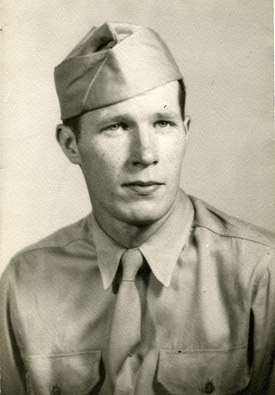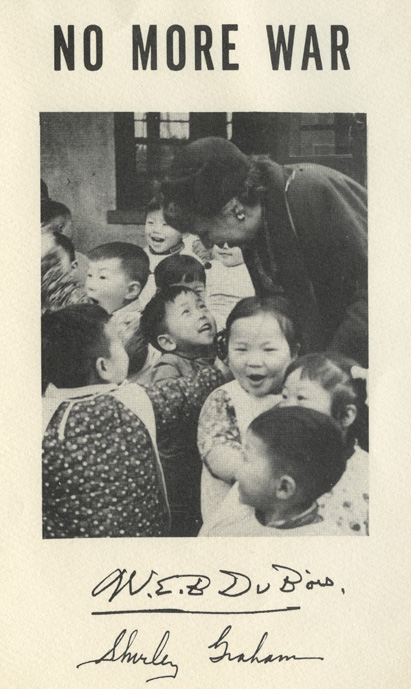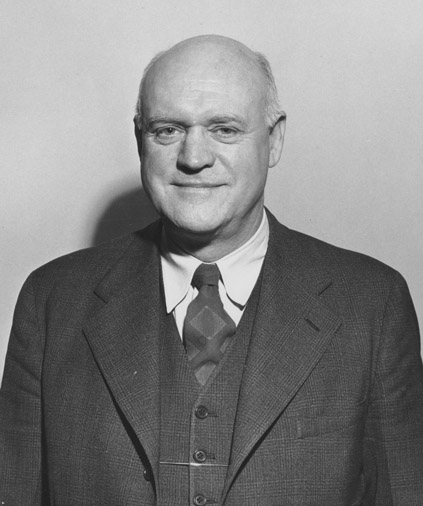Frederick V. Waugh Collection

In July 1917, prior to the American entry in the First World War, Frederick Vail Waugh joined a group of about fifty residents of Amherst, Mass., who enlisted for duty in the Ambulance Service of the French Army. From August 1917 through April 1919, SSU 39 (Service Sanitaire Unis) — redesignated SSU 539 and transferred to the American Expeditionary Service in January 1918 — served among the trenches of northern France and Belgium. Known as the Black Cat squadron, they took part in three major offensives with the AEF, the Aisne-Marne, Oise-Aisne, and Ypres-Lys. Waugh was among three members of the unit awarded the French Croix de Guerre for courage and energy during the last month of the war. After returning to the states, Waugh earned a bachelor’s degree from Massachusetts Agricultural College (1922), where his father Frank A. Waugh was a Professor of Horticulture and Landscape Architecture, followed by an MA from Rutgers (1926) and PhD from Columbia (1929). He enjoyed a distinguished fifty-year career as an agricultural economist with the US Department of Agriculture.
A snapshot of life in the First World War, the Waugh collection includes Frederick Waugh’s army jacket (with Croix de Guerre), helmet, and puttees, and a remarkable history of the unit and photo album, Being the Book of S.S.U. 539. A second book, I Was There with the Yanks in France (1919), has been transferred for shelving to the Rare Books stacks.



